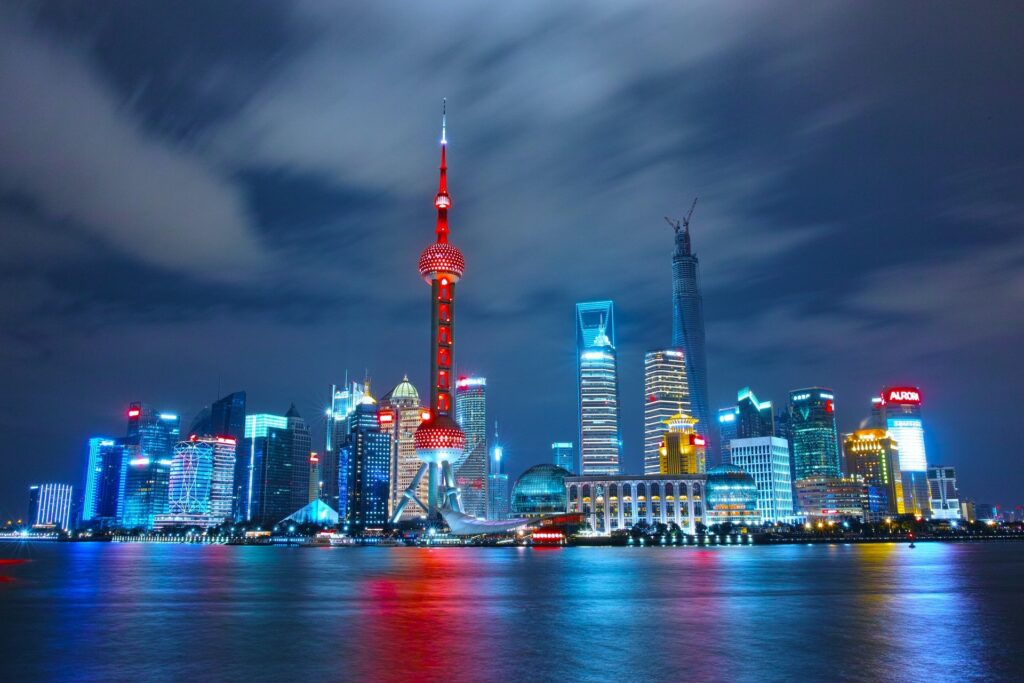
Games industry analytics group Niko Partners has released a new report examining the impact of the ongoing COVID-19 pandemic on the Chinese games market. The analysis runs the gamut from the virus’ effect on mobile and console gaming to the country’s now-struggling internet cafes. The data in the report, which was gathered via an online survey of more than 1,000 Chinese gamers, notes both positive and negative impacts on the overall market.
“Our biggest takeaway is that gaming became the primary form of entertainment for many during the lockdown as it was safe, a form of escapism and a way to stay in touch with friends and the outside world through social or competitive experiences,” Daniel Ahmad, senior analyst at Niko Partners, told GameDaily.
According to the report, mobile gaming has seen an enormous spike in the wake of the pandemic, with 97% of respondents saying that they’re spending more hours on mobile games than before the outbreak. This trend is observable outside of Niko’s findings, as well–just yesterday, Zynga posted its best-ever Q1, and My.Games has announced a $10 million publishing initiative aimed at bolstering its mobile portfolio.
“Hyper-casual is booming on mobile,” Sensor Tower’s Randy Nelson told GameDaily earlier this week. “These titles are dominating the charts, accounting for nine of the top 10 most installed mobile games in the United States for the first quarter of 2020, and 82% of the downloads for the top 25.”
Of course, it’s not just mobile gaming that’s seen a rise amid the pandemic; PC and console gaming has also enjoyed a spike thanks to quarantine orders. 95% of those surveyed said they have been spending more time with their consoles, while 76% noted more gaming time on PCs. Last month, NPD Group noted that, as a whole, games industry revenues grew by 35% in March.
Because most people are now playing games from home more than they were before, China’s substantial internet cafe business has taken an enormous hit. According to the report, 57% of gamers who frequented internet cafes before the pandemic have said that they don’t plan to return to one once quarantine orders are lifted.
“This was surprising to us, and perhaps that number will soften as icafes come up with new processes to keep things clean and sanitized, implement stricter social distancing policies, and more,” Ahmad said. “We also anticipate that those who do return to icafes may bring their own personal headset, keyboard, and mouse to make sure that they are not spreading germs.”
Unsurprisingly, it’s Tencent and NetEase that have been dominating the sales charts in China during the pandemic. Even before the virus hit, these two publishers accounted for the majority of China’s games market, and their domination has only been exacerbated by the coronavirus. Rather, for Ahmad, the most surprising presence on the charts is AFK Arena by Shanghai publisher Lilith Games
“It was the number three grossing game during Q1 2020,” Ahmad explained. “It innovated on traditional Idle RPG mechanics and performed as well as most top games from Tencent and NetEase. The resurgence of classic games and older titles was also notable, with many jumping back into games that they used to play in their childhood.”
The report also examines the potential impact on the launch of next-gen gaming consoles. Niko notes that last year, 90% of video game consoles imported to the US were manufactured in China. With almost no production at all happening in February thanks to the closure of the vast majority of Chinese factories, the market could see strained supply numbers and inflated price points for the PlayStation 5 and Xbox Series X.
“Component scarcity and logistics issues will increase the production and shipping cost of next gen consoles set to launch this year,” Ahmad explained. “At this point, it is unlikely that Sony and Microsoft will price consoles at $400 or lower without taking a significant loss. As noted in the report, software delays, an upcoming recession, higher prices of consoles, and cross-gen games in year one could provide less of an incentive for current gen owners to upgrade initially.”
All told, Niko’s report paints a picture of a varied industry whose very diverse sectors are likely to be affected in wildly different ways. Gaming revenue is up significantly, yes, but ad revenue saw a sharp drop as many advertisers were forced to pause business; livestreaming viewership grew, but esports tournaments were canceled while the scene grappled with the logistics of running entirely-virtual events.
Over the last decade, the games industry has become a booming, multi-billion dollar market with widely multifaceted business sectors. Considering the breadth of the industry, the impact of the coronavirus on each of these sectors is going to vary. Hopefully those impacted negatively are able to recover once all is said and done.
Sam, the Editor-in-Chief of GameDaily.biz, is a former freelance game reporter. He's been seen at IGN, PCGamesN, PCGamer, Unwinnable, and many more. When not writing about games, he is most likely taking care of his two dogs or pretending to know a lot about artisan coffee. Get in touch with Sam by emailing him at sdesatoff@rektglobal.com or follow him on Twitter.
 GameDaily.biz © 2025 | All Rights Reserved.
GameDaily.biz © 2025 | All Rights Reserved.